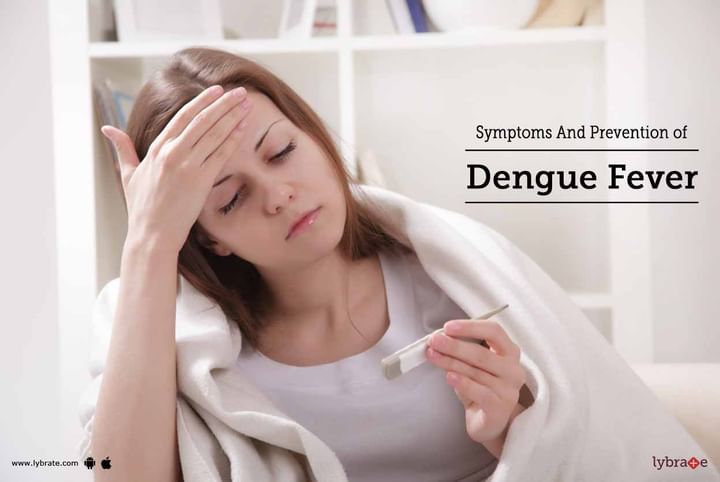Symptoms And Prevention of Dengue Fever
Dengue fever is a painful infection transmitted by the bite of one of the 4 closely related viruses that are carried by a type of mosquitoes known as Aedes mosquitoes. The infection is not directly from one person to another.
Symptoms: After the mosquito bite, symptoms set in about 4 to 6 days and can last up to 10 days (as noted below). Most are general symptoms which can be seen with any viral infection and therefore most dengue cases can go undetected.
- Sudden high temperature
- Pain behind the eyes
- Severe headache
- Swollen lymph nodes
- Severe bone and muscle pains (this can lead to suspicion of dengue)
- Fatigue
- Nausea and vomiting
- Skin rash that appears 3 to 5 days after the onset of fever
- There could be in some cases gum bleeding, easy bruising, or nose bleeding
The dengue triad of symptoms is fever, headache and the skin rash. This could lead to suspicion and blood tests that can lead to diagnosis.
The acute phase lasts for about 2 weeks in most cases and there is no antibiotic (it is a viral infection) cure for it. The treatment is therefore symptomatic, aimed at reducing fever and pains.
If left untreated, especially in children, a severe case called as Dengue Hemorrhagic Fever (DHF) can occur, which affects children under 10 years of age and can cause failure of the circulatory system. This can also occur when a person is developing dengue for the second time. This is a serious form and can even lead to death; therefore the symptoms should be taken seriously and attended to immediately.
Diagnosis: Confirmation of dengue is through a blood test, where the virus is tested for.
Treatment: Being a viral infection, antibiotics are not effective against dengue. Pain killers with acetaminophen are preferred. Aspirin is avoided, as it can worsen bleeding. Complete bed rest, hydration and good nutrition are essential parts of the treatment. Being under medical supervision also helps watch out for complications. There is a vaccine under development that could become available in the next couple of years.
Prevention:
- Always use mosquito repellents, even indoors
- While being outdoors, use clothes that cover the arms and legs fully
- Use a mosquito net if your area is highly infested with mosquitoes
- Ensure the windows and doors are closed during the evening
- If you are suspicious of having dengue, reach out to the doctor
- Reduce chances for mosquitoes breeding by keeping the house clean
- If there are family members with dengue, protect yourself and them from mosquitoes
Preventing dengue is the best way to manage it; however, if once infected, the person develops immunity to it. Reduced immunity can put the person at risk of developing the condition again. If you wish to discuss about any specific problem, you can consult a general physician.



+1.svg)
